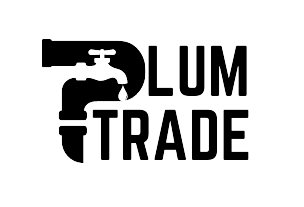Municipal buildings, including civic centers, libraries, and city halls, rely on efficient plumbing systems to serve the community effectively. Public health and safety are directly tied to the quality of plumbing in these facilities. Municipal buildings and government facilities serve the public and require a dependable plumbing infrastructure to function effectively. Plumbing issues in these settings can not only disrupt services but also pose health risks to community members.
Managing plumbing in government facilities involves maintaining a variety of systems, from restrooms to public water systems. Regular surveillance and proactive maintenance are crucial to identify potential issues such as leaks or test plumbing for safe drinking water. Municipalities often face budget constraints, making it essential to ensure that service agreements are efficient and cost-effective.
Partnering with a plumbing service experienced in municipal work helps ensure that facilities comply with local code requirements and deliver the necessary services to the community without interruption. Regular updates and improvements to plumbing systems can also enhance energy efficiency, benefiting both the environment and municipal budgets.
Common Issues and Solutions:
- Water Supply Systems: Ensuring clean and safe water distribution is a priority for municipal plumbing systems. Regular testing and maintenance of public water supply systems are critical to protecting public health.
- Aging Infrastructure: Many municipal systems suffer from aging infrastructure. Upgrading old pipes and fixtures can mitigate risks of leaks and breaks during extreme weather events, preserving service continuity for the community.
- Public Restrooms: Adequate plumbing in public restrooms is essential, particularly during community events. Routine maintenance and quick responses to public complaints can help maintain cleanliness and functionality, contributing positively to community engagement.
Proactive Maintenance:
Municipalities should engage with plumbing services that understand governmental regulations and can provide thorough documentation of maintenance activities. Developing long-term plans for infrastructure improvement can help secure funding and improve community facilities.
Frequently Asked Questions
Common issues include aging pipe systems, water quality concerns, and restroom maintenance.
Regular checks and maintenance should occur at least twice a year to ensure efficient systems.
Regular maintenance helps avoid costly repairs, ensures compliance, and delivers uninterrupted service to residents.


